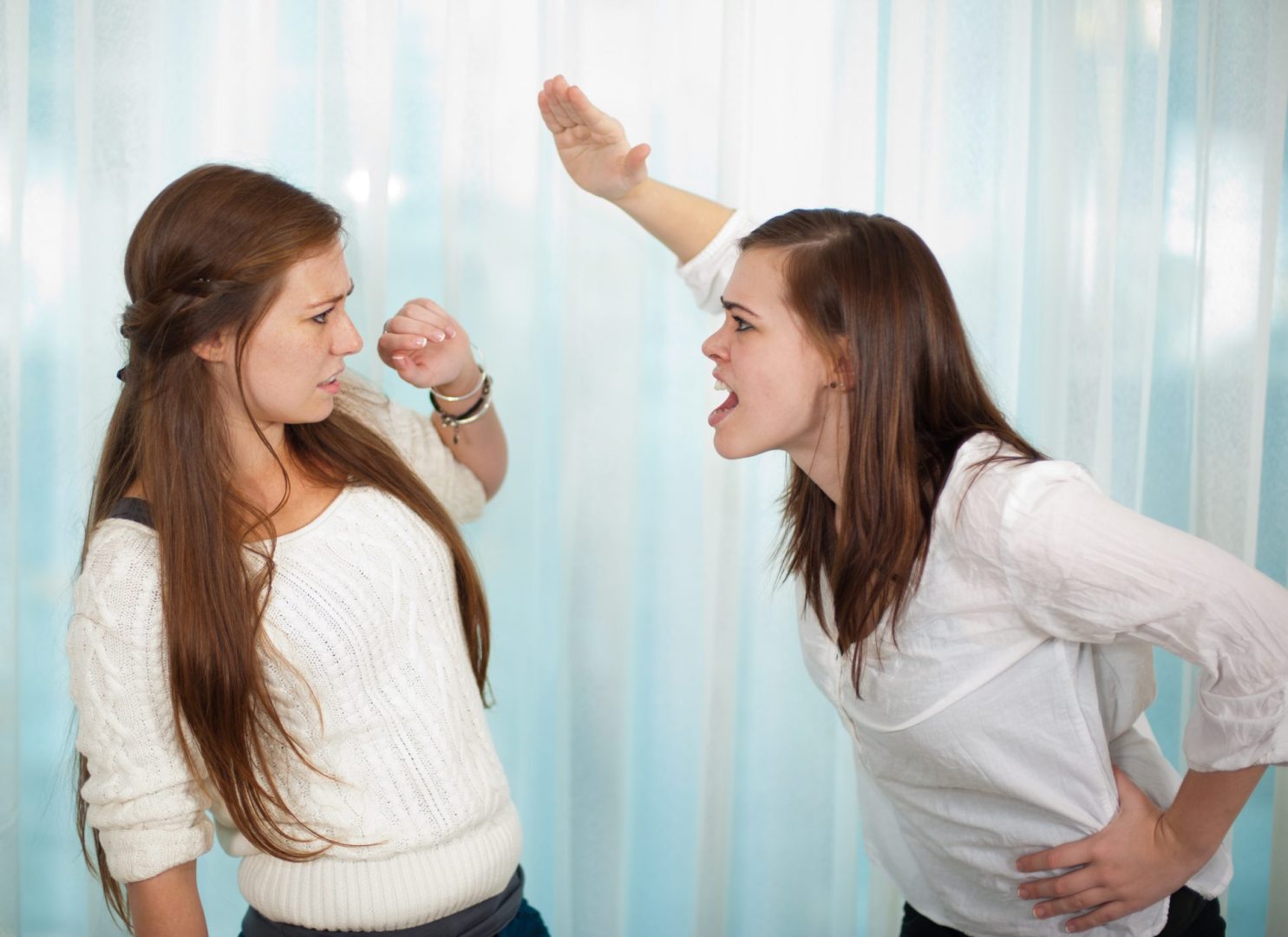When confronted about their hurtful words or actions, certain people immediately defend themselves with predictable excuses. Understanding these patterns might help you navigate difficult relationships.
Mean behavior surrounds us in workplaces, social media, and personal relationships. The pattern often follows a predictable cycle: someone says or does something hurtful, then immediately launches into a defense that shifts blame or minimizes their actions. This troubling dynamic frustrates those on the receiving end and creates toxic environments where cruelty flourishes.
The powerful pull of self-preservation
When people behave in ways that contradict their self-image as good or decent individuals, they experience psychological tension. Rather than acknowledging this uncomfortable truth, many construct elaborate narratives that protect their ego and justify their actions.
This mental self-defense mechanism shields them from confronting feelings of guilt, shame, and reduced self-esteem that would naturally follow if they took responsibility for their behavior. By convincing themselves that their target “deserved it,” they transform themselves from aggressor to righteous figure.
The defense happens almost automatically for some people, particularly those who have developed the habit over years of avoiding responsibility for their actions. This pattern becomes so ingrained that they may truly believe their justifications, even when others clearly see through them.
The mental balancing act
The human brain naturally seeks consistency between actions and beliefs. When these don’t align, people experience cognitive dissonance—a state of mental discomfort that demands resolution. Rather than changing their behavior to match their beliefs about themselves, many find it easier to adjust their perception of the situation.
This mental maneuvering manifests in several ways. Some minimize the harm they’ve caused, insisting that the recipient is “too sensitive” or “can’t take a joke.” Others shift blame entirely, claiming they were provoked and had no choice but to respond harshly. Some even reframe the situation to appear beneficial, like a manager who justifies yelling at employees by believing they’re pushing them toward excellence.
These psychological gymnastics solve the immediate problem of cognitive dissonance but create a troubling pattern. Each time someone justifies mean behavior, they make it easier to repeat the cycle, gradually eroding their ability to recognize when they’re causing harm.
5 common excuses mean people use
- “They deserved it” – This justification positions the aggressor as delivering appropriate consequences rather than initiating harm
- “I’m just being honest” – This excuse confuses cruelty with candor, using truth as a weapon while ignoring kinder ways to communicate
- “You’re too sensitive” – This defense shifts responsibility to the recipient rather than acknowledging the impact of hurtful words or actions
- “I had no choice” – This excuse removes agency from the aggressor, portraying their mean behavior as the only possible response
- “I was just joking” – This justification attempts to make the recipient seem humorless rather than addressing the underlying cruelty
These excuses share a common thread: they all remove responsibility from the person who caused harm and place it elsewhere—on the recipient, circumstances, or societal norms—allowing the aggressor to avoid facing their actions.
How environments shape justifications
Our surroundings significantly influence both behavior and how we justify it. People raised in hostile environments where meanness was normalized may adopt similar patterns without questioning them. Workplaces that reward aggressive behavior can reinforce the idea that cruelty is acceptable or even necessary for success.
Social media platforms create unique problems in this area. Online environments often amplify and reward provocative content, creating spaces where meanness thrives and is justified as simply “how things work” in digital spaces. The distance between users removes immediate emotional feedback that might otherwise discourage cruel behavior.
Cultural influences also play a role in how people justify meanness. Societies that glamorize “toughness” or frame kindness as weakness provide ready-made excuses for those inclined toward cruel behavior. These cultural narratives offer convenient shields against personal responsibility.
The deeper emotional wounds
Behind many patterns of meanness lie unresolved emotional vulnerabilities. People who lash out often carry their own psychological injuries, though this explanation never excuses the harm they cause others.
Some individuals attack preemptively, believing that hurting others first protects them from inevitable rejection or pain. Others disguise their cruelty as “tough love,” convincing themselves they’re helping rather than harming. Many mean behaviors emerge when someone feels threatened or insecure, triggering defensive responses that hurt others.
These emotional patterns often develop early in life. Children who experience inconsistent care or witness harmful relationship dynamics may develop protective mechanisms that manifest as meanness later in life. Without intervention, these patterns can persist into adulthood, damaging relationships and limiting personal growth.
Breaking free from cycles of meanness
Recognizing these patterns represents the crucial first step toward change. With self-awareness and effort, individuals can learn to take responsibility for their actions and develop healthier ways to manage difficult emotions.
Professional support often proves valuable in this process. Therapy provides a safe space to explore underlying issues driving mean behavior and develop more constructive responses. Learning to practice empathy—genuinely considering how others experience our actions—helps break justification cycles.
For those dealing with mean people, understanding these dynamics can provide clarity, though it doesn’t make the experience less painful. Recognizing when someone is caught in a justification cycle helps in setting appropriate boundaries and making informed decisions about the relationship.
Creating cultures of kindness and accountability
Understanding why mean people justify their behavior offers a roadmap for positive change. By recognizing these patterns in ourselves and others, we can work toward building more compassionate communities and healthier relationships.
The goal isn’t to shame people for past behavior but to encourage growth and personal responsibility. With effort and support, even those most entrenched in patterns of meanness can learn to choose kindness and accountability instead.
By creating environments where people feel secure enough to acknowledge mistakes without defending cruelty, we help break cycles that perpetuate meanness across generations and throughout communities, fostering healthier interactions for everyone involved.


















